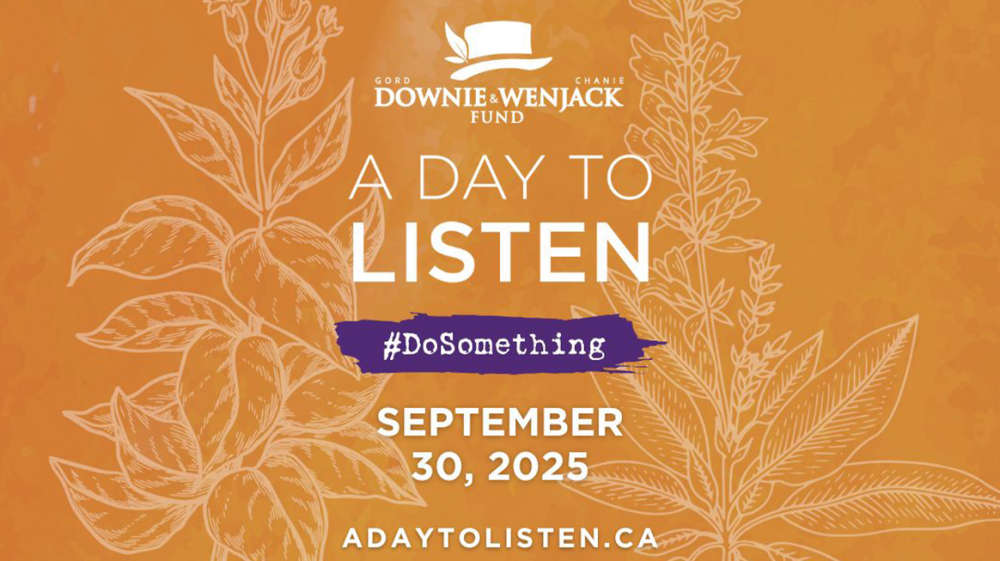
On the National Day for Truth and Reconciliation, a collection of powerful songs from Indigenous artists offers reflection, resilience, and a reminder of the ongoing journey toward justice and healing.
On Canada's National Day for Truth and Reconciliation, music can be a powerful way to reflect on the country's history and the resilience of Indigenous peoples. These songs, from a variety of genres and nations, offer a glimpse into the pain, hope, and strength that are central to the journey toward a more just future. Each of these tracks serves as a vital reminder of the past and a call for a better tomorrow.
1. "We Were Here" - Aysanabee
Oji-Cree artist Aysanabee’s “We Were Here” is a deeply personal and moving track. The song explores themes of intergenerational trauma and cultural survival, inspired by the experiences of his own grandfather, a residential school survivor. The lyrics, "They say that we can reconcile this, put it in the past. They say that we can reconcile this. What if I can't?" perfectly capture the complexity of the reconciliation process.
2. "Lost Souls" - Tom Jackson
Cree artist Tom Jackson’s song “Lost Souls” is a gut-wrenching and powerful tribute to the children who died in residential schools. Written in response to the discovery of unmarked graves, the song alternates between the perspective of the children and the government officials who tried to hide the truth. It is a haunting and emotional piece that forces listeners to confront the full reality of this dark history.
3. "Cut My Hair" - Digging Roots
This song by the JUNO-winning duo Digging Roots addresses the trauma of residential schools where Indigenous children's hair, a symbol of their culture and identity, was forcibly cut. The track blends traditional Indigenous sounds with contemporary rock, creating a powerful anthem about the pain of assimilation and the strength of cultural reclamation.
4. "Savage Mob" - Snotty Nose Rez Kids
The Haisla Nation hip-hop duo Snotty Nose Rez Kids bring a modern, unapologetic voice to the conversation. "Savage Mob" tackles the stereotypes and struggles faced by Indigenous youth, especially in the context of the residential school legacy. It's a high-energy track that uses rap to amplify the voices of a new generation fighting for change.
5. "Charlie" - Willie Dunn
Written in 1978, Mi'kmaq artist Willie Dunn's song “Charlie” tells the heartbreaking story of Chanie Wenjack, a young boy who died while trying to escape a residential school in 1966. Long before Gord Downie's project brought wider attention to the story, Dunn’s song was a crucial piece of music that shed light on the suffering and loss caused by the residential school system.
6. "500 Years" - Rhonda Head
Mezzo-soprano Rhonda Head, from Opaskwayak Cree Nation, delivers a beautiful and haunting song with "500 Years." It speaks to the pain of intergenerational trauma while also conveying a message of resilience and hope. The song blends classical influences with Indigenous themes, creating a unique sound that is both sorrowful and uplifting.
7. "Survivor" - Midnight Shine
This song from the band Midnight Shine is a powerful rock anthem about resilience and never giving up hope. Re-released to honour residential school survivors, the track’s soaring vocals and driving rhythm capture the strength and determination of those who endured the residential school system and its lasting effects.
8. "Seeds" - Julian Taylor
Inspired by a phrase from his cousin, Julian Taylor’s song "Seeds" is a moving tribute to the survival of Indigenous people. The powerful lyric, "They tried to bury us, but they didn't know we were seeds," became a rallying cry for resilience. The song is an emotional and beautiful piece that celebrates Indigenous strength and the promise of a future where culture and identity can thrive.
9. "A Language Disappears" - Zoon
Anishinaabe musician Daniel Monkman, who performs as Zoon, addresses the loss of Indigenous languages in his work. "A Language Disappears" is a poignant and atmospheric track that reflects on the impact of residential schools on language and culture. It is a meditative and sad piece that reminds us of the importance of language revitalization.
10. "My Country 'Tis of Thy People You're Dying" - Buffy Sainte-Marie
This song from the iconic artist Buffy Sainte-Marie is a searing and honest critique of Canadian history. Written in the 1960s, its lyrics remain incredibly relevant, detailing the injustices and broken promises faced by Indigenous peoples. It's a powerful and timeless protest anthem that lays bare the uncomfortable truths of a colonial past. The inclusion of this song, however, comes with a recent and complex context. In late 2023, a CBC investigation alleged that Sainte-Marie, who has long been celebrated as a Cree artist, was born in the United States and has no Indigenous ancestry.1 The report, which included interviews with family members and public records, created a significant controversy. While some in the Indigenous community have voiced feelings of hurt and betrayal, others have defended her, citing a long and meaningful connection to the Piapot First Nation, which traditionally adopted her into their family.2 The debate highlights the difficult and ongoing conversations around Indigenous identity, belonging, and the role of oral traditions versus colonial records. Despite the controversy, the song's historical impact and its powerful message about the mistreatment of Indigenous peoples remain undeniable.
Sources:
- The JUNO Awards
- CBC Music
- Roots Music Canada
- Folk Alley
- CBC News
- The Guardian
- Global News



 New Music Monday: Defying the Cold Snap with the Latest Cuts from Friday's Countdown
New Music Monday: Defying the Cold Snap with the Latest Cuts from Friday's Countdown
 How Rush's "Tom Sawyer" Defined a Legend and Ignited a 50-Year Legacy
How Rush's "Tom Sawyer" Defined a Legend and Ignited a 50-Year Legacy
 Arctic Monkeys Return with "Opening Night": A New Chapter for the Sheffield Icons
Arctic Monkeys Return with "Opening Night": A New Chapter for the Sheffield Icons
 Muskoka’s Own Hitmaker: New Biography on Marc Jordan
Muskoka’s Own Hitmaker: New Biography on Marc Jordan
 Hometown Legends Take the World Stage: Green Day Set for Santa Clara Homecoming
Hometown Legends Take the World Stage: Green Day Set for Santa Clara Homecoming




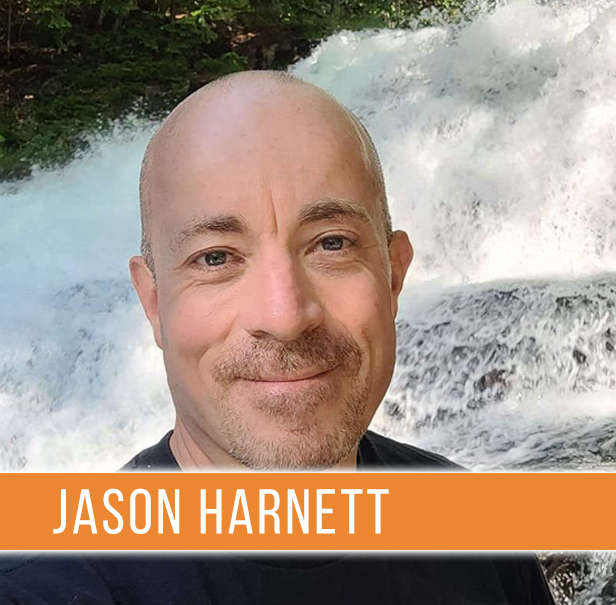

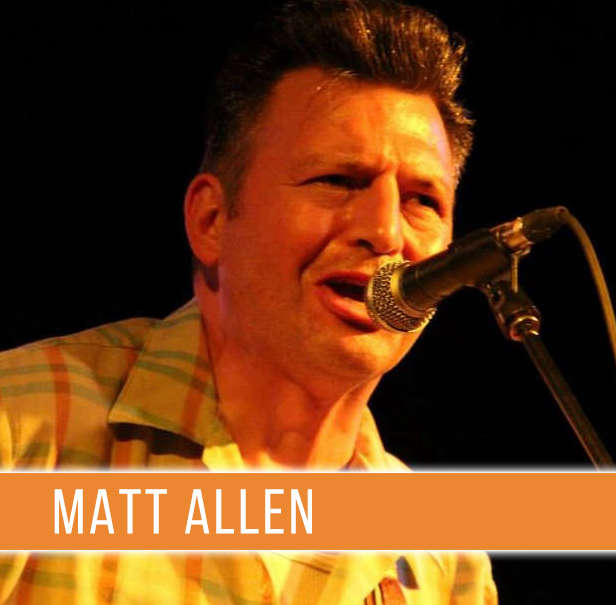



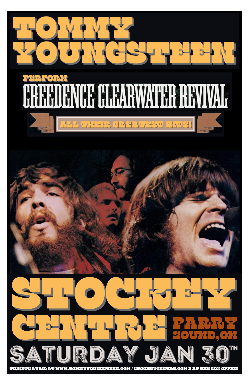
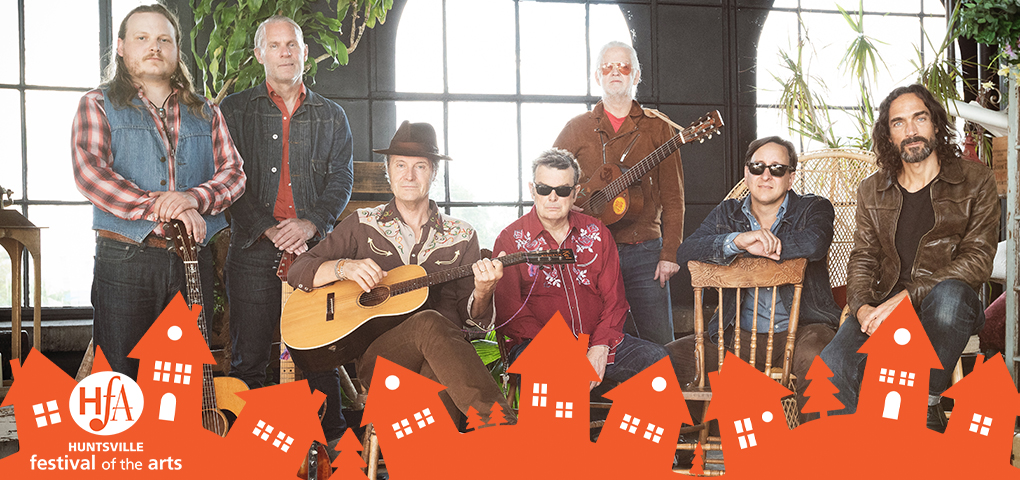

Comments
Add a comment